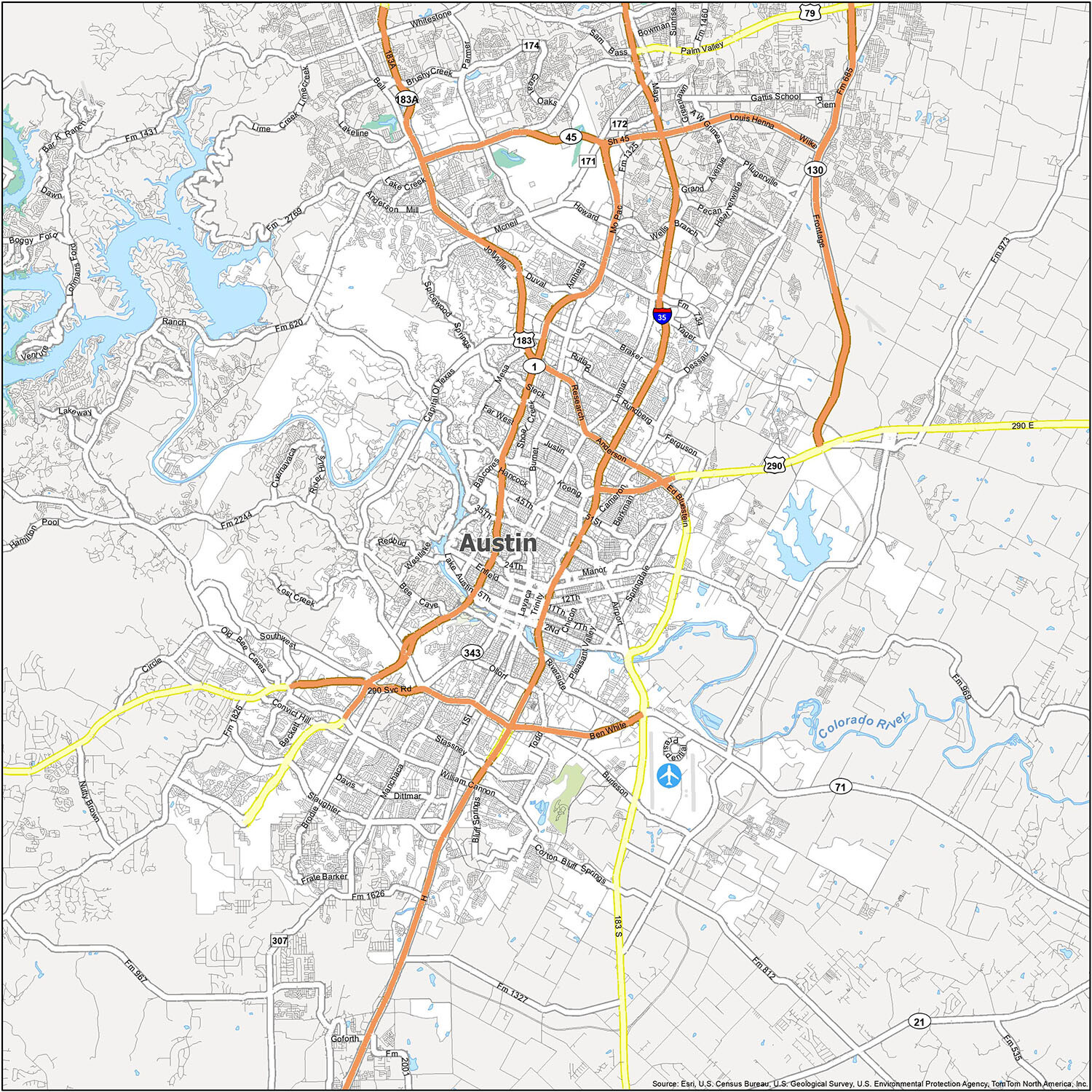Which side of the image receives little to no rainfall due to the orographic effect?

The right-hand side colored tan
Explain what industrialization is.
The transition from an agrarian society to one based on factories & manufacturing.
Explain the difference between push & pull factors.
1) Push factors = factors urging someone to leave a location
2) Pull factors = factors urging someone to come to a new location
Explain the difference between lines of latitude & longitude.
1) Latitude = lines run horizontally, including the equator
2) Longitude = lines run vertically, including the prime meridian
Explain the main quality of both a political & physical map.
1) Political = shows boundaries between countries
2) Physical = shows physical land characteristics like mountains
Explain the difference between the hydrosphere, the biosphere, and the atmosphere.
1) Hydrosphere = All water on Earth
2) Biosphere = All life on Earth
3) Atmosphere = Layer of gasses surrounding the Earth
What is the general conclusion that can be drawn from this graph?
When children contribute to the economic survival of the family, this generally leads to a ______ ______ rate.
A high birth rate.
Which type of internal process/force creates mountains? (Hint: _________ boundaries)
Which tool of a geographer is pictured below?
Cartogram
Explain the difference between absolute location and relative location
1) Absolute location = Precise coordinates specifying a location
2) Relative location = Location in relation to other landmarks
Explain the difference between commercial land use & mixed-use development.
1) Commercial land use = Area used for private businesses
2) Mixed-use development = Combines land-use types, such as residential & commercial
Identify which pyramid indicates a more and a less developed country.
A = less developed
B = more developed
What human-made structure traditionally divides Austin socially and economically?
Interstate 35
During which time period did the world population begin to dramatically increase?
1800-1900
Where do storms occur? (Where polar _____ meet west _____ and when hot & cold _____ ________ collide).
Where polar winds meet west winds and when hot & cold air masses collide.
Explain what the Central Business District (CBD) is & identify which letter indicates the CBD of Austin.
The urban core with concentrated commercial, financial, & civic activities.
What is the formula for finding the natural rate of increase? (also called the natural growth rate)
Which human modification and adaptation is shown below?
Explain the difference between weather & climate.
2) Climate = long term conditions
Explain what erosion is.
The process of rock, sand, & soil breaking into smaller pieces & being carried by winds.
What are the 2 least urbanized continents according to this graph?
Africa & Asia
What has been the primary push factor for this increased Latin American migration to the U.S.?
To find new economic opportunities such as jobs.
Explain what happens as elevation increases.
The air gets thinner and the temperature gets colder.
What does a country’s rate of natural increase indicate?
How fast its population is growing each year
Identify and describe 3 types of biomes that we studied.
Several possible responses.
Explain what gentrification and its general effect.
It is the buying up and renovation of deteriorated urban houses and stores, which causes surround property prices to increase.
Which 2 stages have the highest natural rate of increase? (the rate of the population growth)
Stages 2 & 3
What is the most commonly used type of map projection? (Hint: __________ projection)
What concept explains why is there so little difference between summer & winter along the coast of California? (Hint: starts with the letter "c")
Continentality
Close to a large body of water = smaller differences in temperature
Further away from water = greater difference in temperatures
